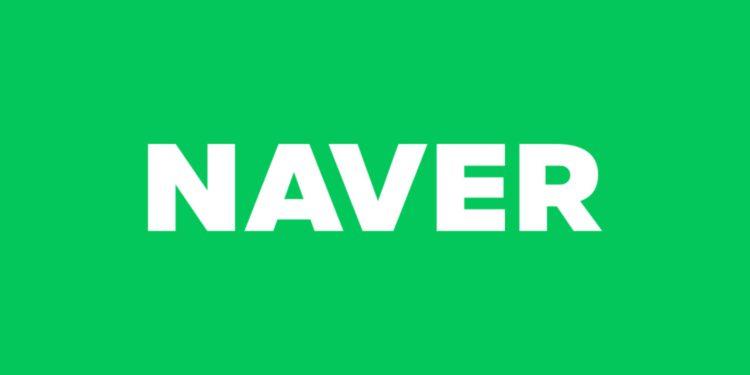Naver Corp., the longstanding leader in the Korean search engine market, faces increasing competition from global tech giants like Google and Microsoft. Equipped with advanced artificial intelligence technology, these companies are rapidly gaining ground in Korea. On the other hand, Naver’s market share has dropped significantly, highlighting the impact of the global “search war” on the local industry. As its market dominance is challenged, the rise of these tech giants poses a formidable threat to its position.
According to recent data, Naver’s share of the Korean search market dropped to 55.2% by the end of March, marking one of its lowest levels in recent years. This represents a decline of 9.6 percentage points compared to the end of last year, when Naver held a 64.8% share. In contrast, Google witnessed an increase in its market share from 26.8% to 35.3% during the same period.

The gap between Naver and Google now stands at 19.9 percentage points, having narrowed by half from 38 percentage points at the end of last year. These figures highlight the changing landscape of the search engine market and the growing competition faced by Naver.
After introducing AI chatbot Bard, Google is taking the next steps by developing a new search engine that incorporates AI chatbots. The objective is to transform the conventional search bar into an engaging and personalized experience.
Concurrently, Microsoft’s search engine Bing, which has maintained its fourth position in Korea for a decade, is now getting further traction in the market. Notably, Bing now features OpenAI’s generative AI, ChatGPT, enabling users to access its capabilities.
In terms of market share, Bing’s presence has grown significantly, with its share in the Korean search engine market doubling to 3%. Additionally, as reported by Internet Trend, the number of daily active users on Bing’s mobile apps witnessed a remarkable sevenfold increase to 5,274 in March.
“Google, Microsoft, and other tech companies are engaged in a fierce competition to dominate the search engine markets in Korea and worldwide,” stated a Naver representative. “We view this competition with utmost seriousness. The introduction of ChatGPT has also posed a significant challenge for Google.”
The rapid increase in generative AI services such as ChatGPT and the continuous advancements in search technology to keep up with AI developments have ushered in a new era of intense competition known as the “Search Spring and Autumn Warriors.” In this era, companies must diligently adapt to industry advancements to stay relevant and avoid falling behind.
Recent developments in the search engine market have been influenced by the emergence of the keyword “AI,” as reported by the IT industry. A prevailing trend is leveraging users’ search histories to deliver personalized results that align with their interests. With a vast user base of 100 million, this approach holds the potential to generate 100 million distinct search results.
In February, Naver announced its plans to release a beta version of its AI-driven search engine, SearchGPT, by the end of June. However, the launch of SearchGPT has been rescheduled to the second half of the year, as confirmed by Naver.
To strengthen its position in the market and compete with other platforms like ChatGPT, Naver has partnered with Samsung to develop a generative AI platform specifically designed for corporate users. This collaboration aims to provide enhanced AI capabilities and cater to the evolving needs of businesses.







